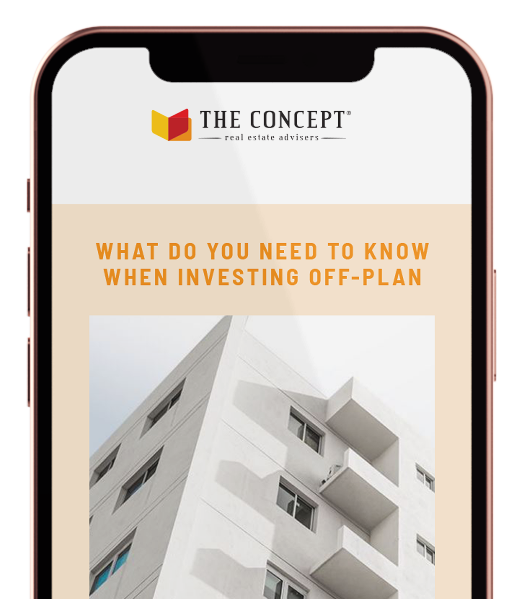What does a healthy investment mean?
What does a healthy investment mean?
Nov 2020
We have all heard stories about how someone has an enviable financial situation because they have money in the bank and live comfortably off of the interest. However, things are not that simple, because such a system does not fall under the category of healthy investments. Why?
Because the value of money depreciates over time, and bank interest rates are not “fast enough” to “keep up” and compensate for this depreciation. Interest earnings are usually lower than the inflation rate, so their purchasing power diminishes over time.
WHAT DOES A HEALTHY INVESTMENT MEAN? First of all, a healthy investment leads to a better financial situation at the end of it than the initial one, before making the investment. In other words, you have more money than when you started. How much more?
With a minimum percentage that is higher than the inflation rate for that period. To make it simpler, let’s take an example.
We have €100,000 which we invest in real estate (along with all the related investment costs: taxes, fees, furniture, etc.). After 3 years, we sell it and end up with €120,000 net (after extracting all the costs). So we earned €20,000 net, which is an annual growth rate of 6.2%.
To find out if the investment made was a healthy one, we compare this 6.2% with the annual inflation rate. Most likely, the inflation rate was below this number (in recent years, averaging 2.5-3%), so we made a good, healthy investment.
WHAT IS AN UNHEALTHY INVESTMENT? If, on the other hand, the same property worth €100,000 is sold, and we end up with only €110,000 net after 4 years (instead of 3), we will get a compounded annual growth rate of only 2.4%.
We are below the estimated annual inflation rate of 2.5%, so we made an unhealthy investment because we lost money, or more specifically, our wealth depreciated.
HOW TO PROTECT YOURSELF FROM DEPRECIATION CAUSED BY INFLATION? In practice, if the property was rented, the rent will be added to the total net gains, and in this case, it will work out well for you. So here’s a way to protect yourself from potential inflation depreciation: invest and rent.
AVOID LIQUIDITY PROBLEMS The second criterion for evaluating a healthy investment is that it does not put you in liquidity problems. In other words, the investment does not leave you without money to live on or without money to support your company’s activities if we are talking about investments in a business.
That’s why it’s recommended to keep a financial cushion, a cash cushion that you can use in emergency situations. How much?
We recommend the equivalent of 6 months of monthly expenses (personal or for the company), but this remains up to each individual.
A healthy investment means, first of all, that it leads to a better financial situation at the end of it, taking into account the inflation rate. And secondly, it means not putting you in liquidity problems.
If you have any questions about how to calculate the compounded annual growth rate, write to us on social media, and we will answer you. And if you want to find a good selection of new properties in which you can invest with confidence, browse the options on our website or contact our colleagues by calling 0727.722.222.
Good luck with your investments!
See other articles
and get information from our experts in the field.
REAL ESTATE MARKET TRENDS IN Q3 2021
It is necessary to keep abreast of the trends in the residential real estate market every quarter of the year, so I invite you to…
CHANGE OF TAX ROLE? DO IT WITHOUT HEADACHES!
It’s very unpleasant to wait in queues at the desks for changing the fiscal role. In fact, it’s unpleasant to wait in queues at public…
YIELD VS. IN HOW MANY YEARS YOU GET THE ROI
YIELD and payback period: the two put together are the inverse of each other.Mathematically, the payback period is 1/Yield and conversely, the yield is 1…
